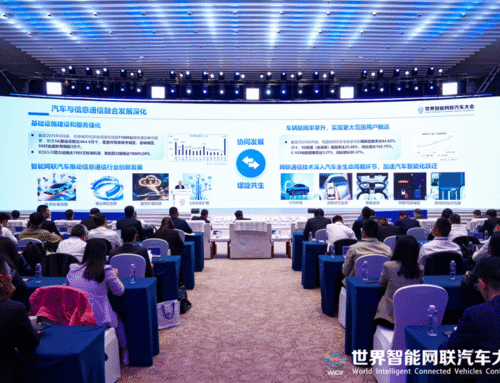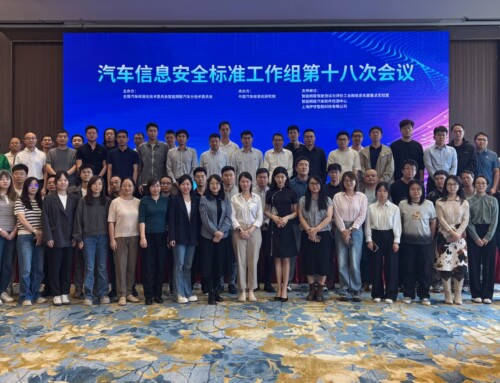On April 22, 2025, the Secretariat of the APEC Expert Group on Energy Efficiency and Conservation (EGEEC) officially announced that Liu Meng, Associate Researcher at the Resources and Environment Branch of the China National Institute of Standardization (CNIS), has been successfully re-elected as Chair of EGEEC. His new term will run from July 2025 to June 2027.
The APEC Expert Group on Energy Efficiency and Conservation (EGEEC) was established in 1993 and operates under the APEC Energy Working Group (EWG). It is responsible for cooperation on energy efficiency and conservation, with experts nominated by APEC member economies. The group regularly facilitates the exchange of policies, standards, and programs on energy efficiency and conservation across APEC economies, and provides technical advice to the EWG in this field. EGEEC has a Chair and Vice-Chair who lead the group’s research and technical exchange activities and report regularly to the EWG. Each term lasts for two years.
With the approval of the National Energy Administration, CNIS serves as the Chinese counterpart organization for EGEEC and the lead unit of the “China Participation in the APEC Energy Cooperation Network – Energy Efficiency and Conservation Group.” It represents China in EGEEC activities and leads APEC cooperation projects in energy conservation and low-carbon development. Since 2015, CNIS experts have held the positions of Chair and Vice-Chair of EGEEC, playing a vital role in the group’s standardization and sustainable development, and earning high recognition from experts of other member economies.
From April 8 to April 11, 2025, the 64th EGEEC meeting was held in Hong Kong, China, during which the election of the new Chair and Vice-Chair was conducted. Through on-site voting and written confirmation, all 21 APEC economies unanimously agreed to elect Liu Meng, nominated by China’s National Energy Administration, as the new Chair of EGEEC.
Looking ahead, under the guidance of relevant authorities, CNIS will continue to enhance its participation in APEC’s technical activities in energy efficiency and conservation, support regional cooperation on energy-saving and low-carbon technologies, standards, and policies, and share China’s experience in energy conservation and carbon reduction. These efforts aim to contribute Chinese expertise toward APEC’s regional goal of reducing energy intensity by 45% by 2035 compared to 2005 levels.
Link to the original article in Chinese:
https://www.cnis.ac.cn/ynbm/zhfy/zhxw/202504/t20250425_59909.html




